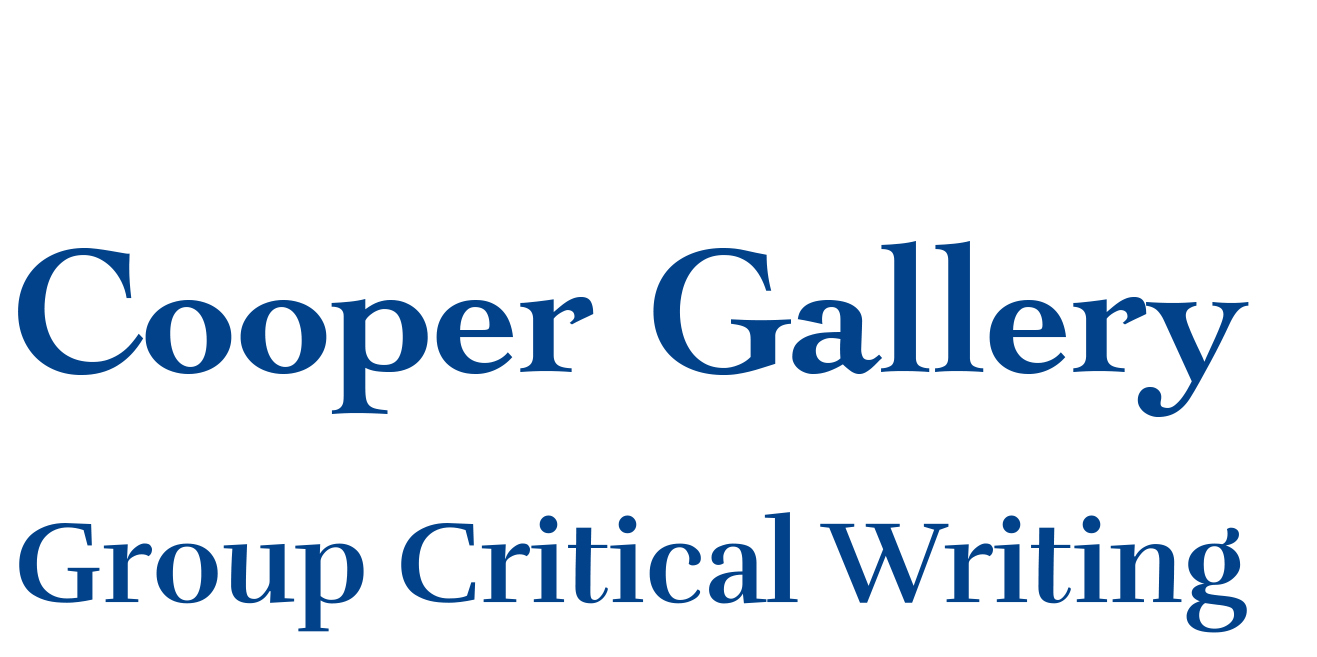Frances Davis
♦ Somewhere in this world, complexity must still be valued ♦
This is a phrase attributed to Anna Opperman that I came across in reading around her work and practice in preparation for the event today and the following short reading takes Opperman’s conception and enactment of complexity as it’s starting point and situates it in proximity to Italo Calvino’s writing on multiplicity from his Six Memos for the New Millenium.
In our contemporary era, characterised by a continuous and seemingly instantaneous flow and exchange of information through dense networks, a consideration of complexity is apt. If, as Opperman implores, “complexity must (still) be valued” then first we must ask both what its value is and how might we value it?
Written within a few years of Opperman making Cotoneaster Horizontalis, Italo Calvino’s Six Memos for the New Millennium outlines six values of literature which Calvino felt would be important for the coming millennium, the millennium we now find ourselves in. In his fifth text, and the final text to be completed before his death, Calvino addresses multiplicity.
Calvino suggests that we can no longer think in terms of a totality that is not potential, conjectural, and manifold and posits the idea of an open encyclopaedia, a method of knowledge and a network of connections between, in his words, “the events, the people, and the things of the world”. While traditionally, and etymologically, the encyclopaedia attempts to enclose all knowledge, Calvino’s open encyclopaedia offers a new model, a complex and continuous whole that disrupts the ideas of truth and fact, instead positing an understanding of knowledge as a mutable and non-linear concept.
In concluding he offers up the potential he perceives in this form, and in embracing multiplicity as method:
“Someone might object that the more the work tends toward the multiplication of possibilities, the further it departs from that unicum which is the self of the writer, his inner sincerity and the discovery of his own truth. But I would answer: Who are we, who is each one of us, if not a combinatoria of experiences, information, books we have read, things imagined? Each life is an encyclopaedia, a library, an inventory of objects, a series of styles, and everything can be constantly shuffled and reordered in every way conceivable.
But perhaps the answer that stands closest to my heart is something else: Think what it would be to have a work conceived from outside the self, a work that would let us escape the limited perspective of the individual ego, not only to enter into selves like our own but to give speech to that which has no language, to the bird perching on the edge of the gutter, to the tree in spring and the tree in fall, to stone, to cement, to plastic…”
Or to return to Opperman: Perhaps here, in Opperman’s ensembles, as in Calvino’s open encyclopaedia, we find both the value of complexity and a method through which it might be valued; a way of thinking, and of making, that reflects the multiplicity and complexity of the contemporary moment, and moves beyond the singular perspective to something larger than its whole.
♦ ♦ ♦
Biography
Frances Davis’ practice is research-led, encompassing writing, moving image and performance, and event and exhibition production. She currently lives and works in Glasgow and Helmsdale, where she is Curatorial Assistant at Timespan.
